

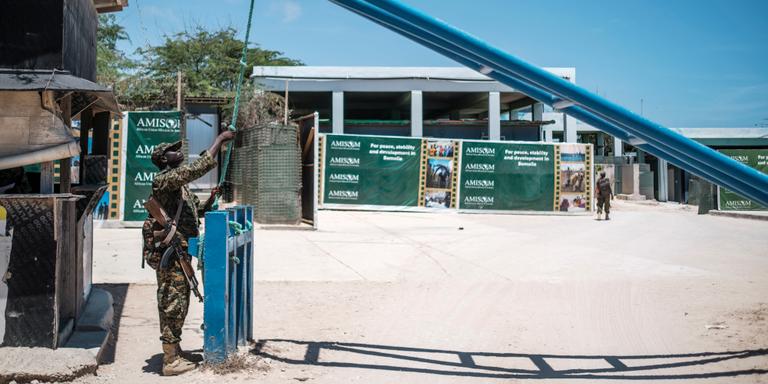
In Somalia, plans to withdraw African Union troops raise fears of a security vacuum
FeatureAt Mogadishu's request, 17,500 ATMIS soldiers are due to leave the country by December 2024. There are fears their withdrawal will create a security vacuum, as the Somalian army struggles to consolidate its positions against al-Shabaab Islamists.
Africa's longest-running peacekeeping mission is about to pack up. First established in 2007 as the African Union Mission in Somalia (AMISOM) and later as the African Union Transition Mission in Somalia (ATMIS) in 2022, the African Union's (AU) force in Somalia is due to break camp in December 2024. The gradual departure of its 17,500 troops follows an initial request by the Somalian government in 2022, which was approved by the European Union (EU) and the United Kingdom, both of whom are funding the force's operations and have pumped in nearly €2.8 billion.
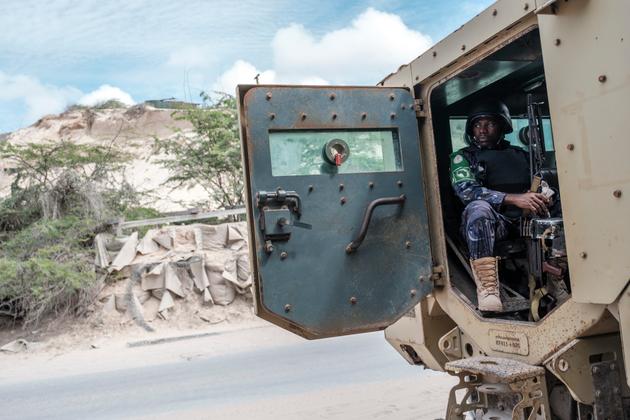
But the withdrawal of ATMIS risks creating a security vacuum, with the Somalian army struggling to consolidate its positions a year after launching a major offensive to dislodge al-Shabaab from their strongholds. Having plagued the country since 2006, the al Qaeda-affiliated Islamist terrorist group still controls half of Somalia's territory, particularly the southern states of Jubaland and the South West. Unprecedented in its scope, the operation launched by the authorities in 2022 enabled the government in Mogadishu to regain a foothold in the central states of Galmudug and Hirshabelle, but these military successes prompted bloody reprisals by radical Islamists in the cities, including in the capital. The United Nations has recorded 173 terrorist attacks in Somalia over the past four months.
The slow progress of operations and the resistance put up by al-Shabaab, whose numbers are now estimated by UN experts at 12,000, have led the Somalian government to backtrack on ATMIS. Mogadishu has asked for the withdrawal of a contingent of 3,000 African soldiers to be postponed. Initially scheduled for September, their departure has been set back until December 31, with the government citing "serious military setbacks."
'Amateurism' in the army
One battle in particular left its mark on people's minds. At the end of August, despite their numerical superiority, ill-prepared Somalian soldiers were overrun by radical Islamists at Osweyne, in the center of the country. The debacle resulted in the total disorganization of Somalian forces, who, in the aftermath, abandoned several recaptured towns after months of fighting. Such was the shock that it prompted President Hassan Sheikh Mohamud to leave Mogadishu to personally oversee operations on the front line in Galmudug state. "Our initial military objectives have been disrupted," said Hussein Sheikh-Ali, Mohamud's national security adviser. "Osweyne has exposed the army's flaws and amateurism," lamented a Somalian researcher speaking on condition of anonymity, speaking of a "national humiliation."
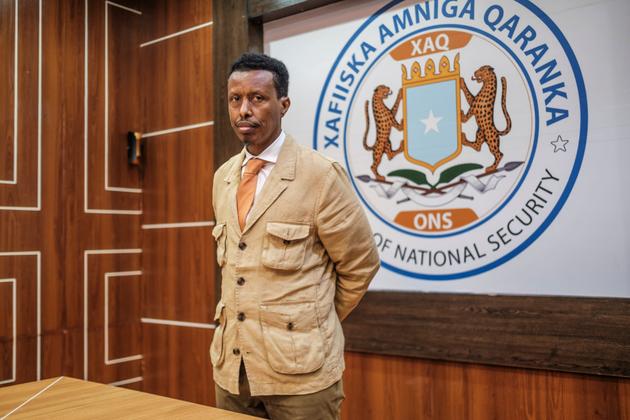
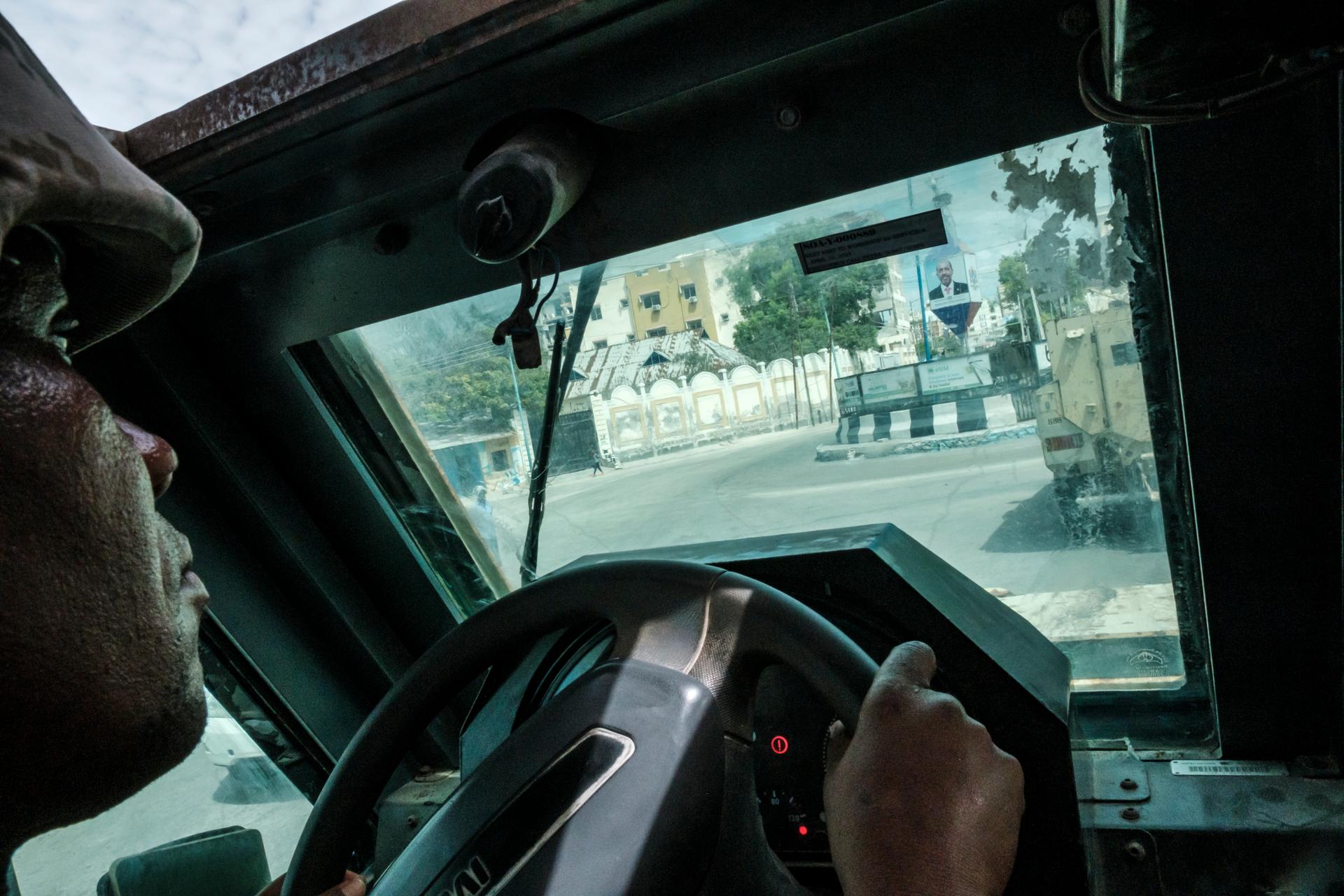
Still undergoing reconstruction after repeated civil wars, and still subject to an arms embargo, Somalia is struggling to structure its armed forces. The extent of this is such that a number of Western and African commanders fear an "Afghan-style" scenario, with total state collapse in the event of the ATMIS departure. "This is obviously on everyone's mind," confirmed Omar Mahmood, a researcher with the International Crisis Group (ICG). "And that's one of the reasons why ATMIS's departure doesn't necessarily mean that there will be no more international presence in Somalia, whatever form it takes." Discussions are underway, notably at the UN, to envisage what comes next.
ATMIS commander Lieutenant General Sam Okiding said that he too is concerned about Somalia's "lack of recruitment and logistical capacity." For the moment, AU forces have supported the Somalian offensive by providing logistical assistance, artillery and medical care for the wounded. It has also ensured the security of infrastructure, airports and administrations.
US and Turkish drones
"The volatility of the military situation makes the departure of African troops in 2024 premature," said Meressa Dessu, an analyst at the Institute for Security Studies (ISS), who fears that the few successes recorded by the authorities will be canceled out by ATMIS withdrawal. This view is shared by members of the Somalian security services. "It's too early to leave, there are still too many attacks, we're not ready to face them alone," warned Lieutenant Nureddin Ali from the Wadajir police station in central Mogadishu. In front of the building, there still lies the charred wreckage of a car used as a vehicle bomb by the Islamists in a suicide attack in September.
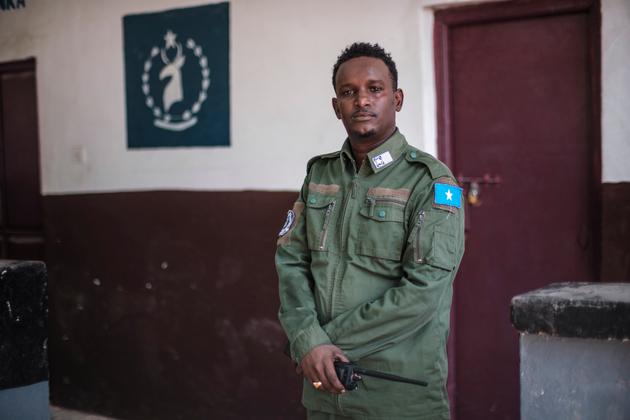
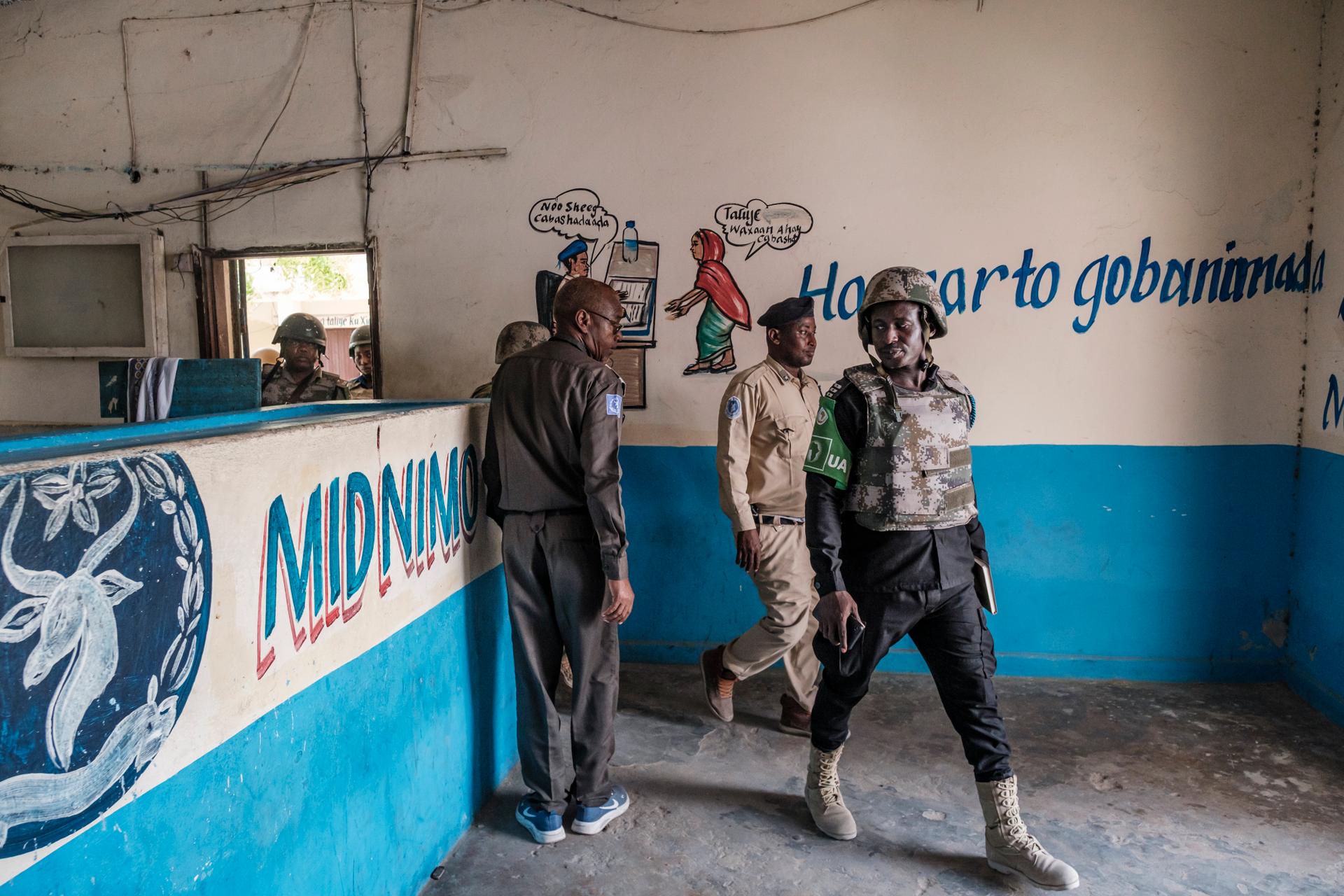
To fill the gap created by ATMIS's withdrawal, Somalia could turn to Gulf countries to help finance military operations, said Mahmood, from ICG. Qatar and the United Arab Emirates are exerting growing influence in the country and are already financing the training of thousands of Somalia, infantrymen in Uganda, Egypt and Eritrea. Mogadishu can also count on the training of special forces by the US and Turkey, as well as the deployment of their respective drones on the battlefield. The lifting of the arms embargo scheduled for November will enable Mogadishu to modernize its armed forces.
The Somalian government may talk of a "total war" aimed at the "absolute annihilation" of the Islamists, but observers agree that eradicating al-Shabaab is impossible. The Islamists particularly benefit from an impressive financial windfall to fund their fighting. "Zakat," the tax they levy by force, is said to bring in €100 million a year, according to the US Treasury. "It's never 'game over' with them," conceded Sheikh-Ali. "The objective remains their elimination, but we don't rule out the possibility of negotiations." Many researchers and diplomats have long been promoting such a dialogue, in an attempt to find a way out of Somalia's impasse.
